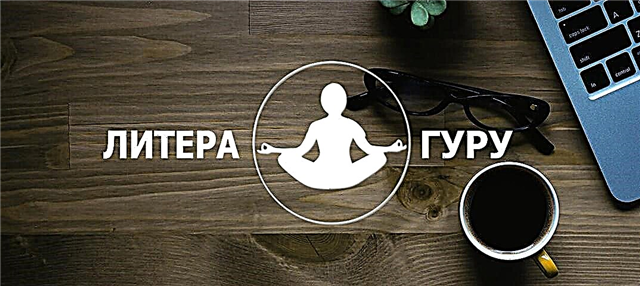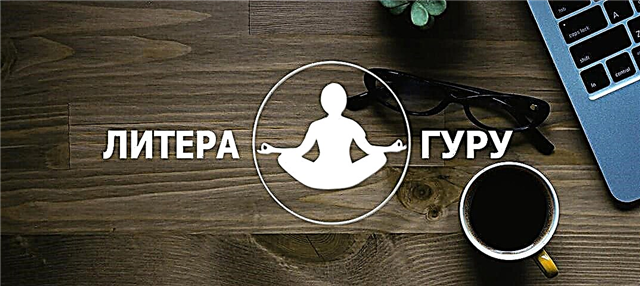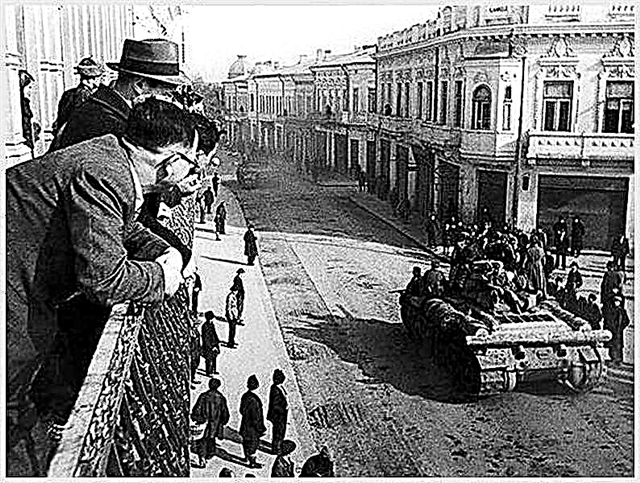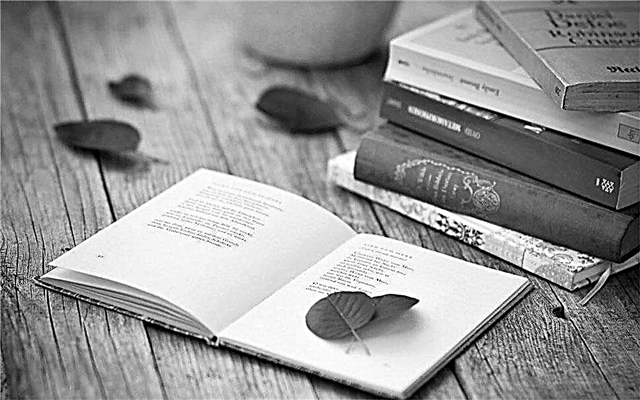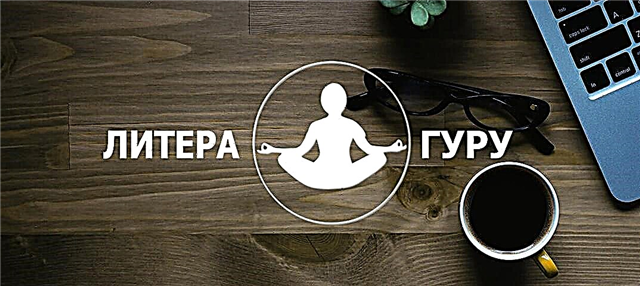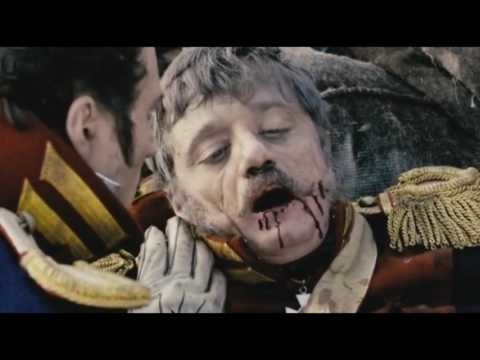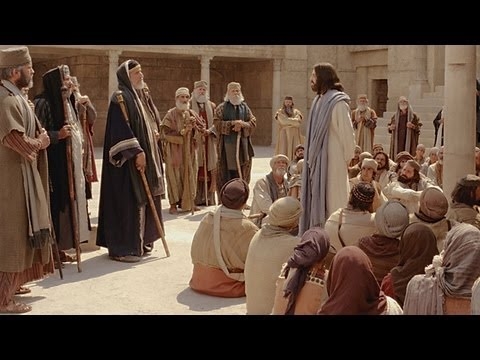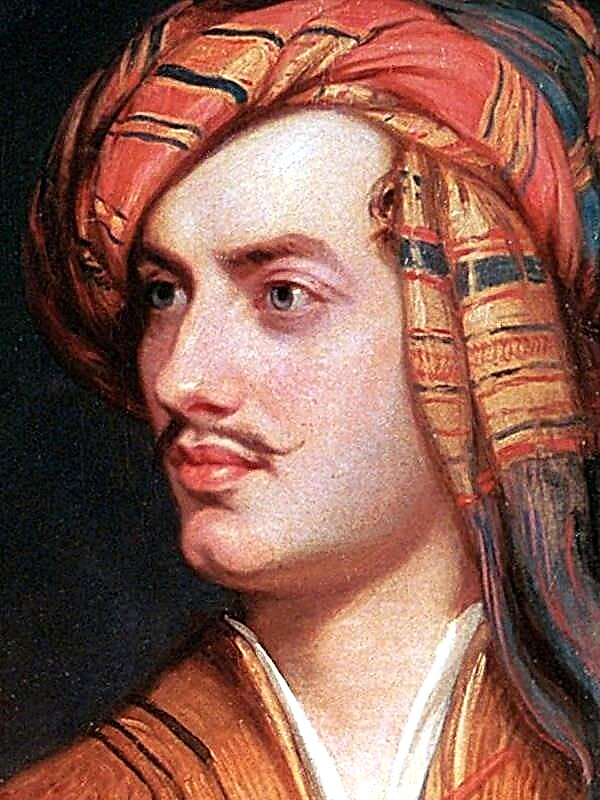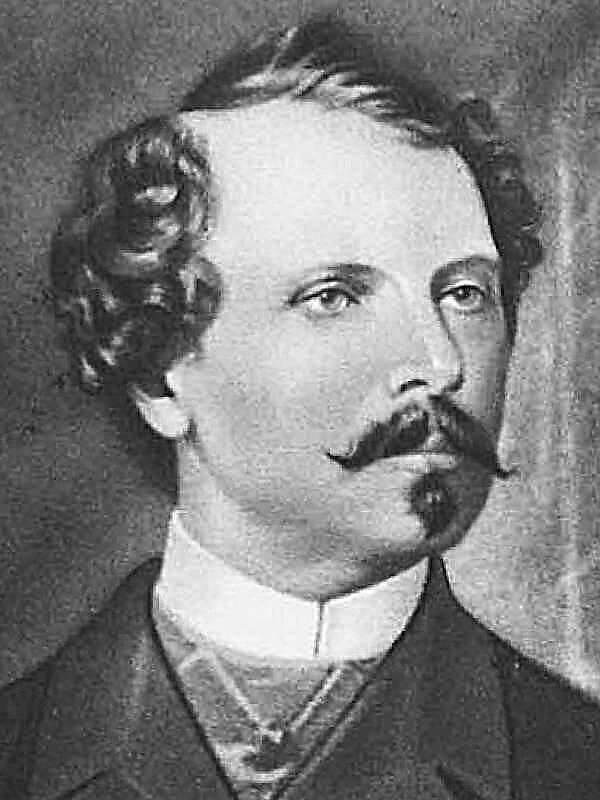“Thomas Pukhov is not gifted with sensitivity: he cut cooked sausage on his wife’s tomb, getting hungry due to the absence of the mistress.” After the burial of his wife, having become enamored, Pukhov goes to bed. Someone is knocking at him loudly. The caretaker of the distance superintendent’s office brings a ticket to work on cleaning the railway tracks from snow. At the station Pukhov signs in the order - in those years, try not to sign! - And together with a team of workers serving the snow blower, which pulls two steam locomotives, it sets off to clear the way for the Red Army echelons and armored trains from snow drifts. The front is sixty miles. On one of the snow blockages, the snow blower brakes sharply, workers fall, breaking their heads, the assistant to the driver crashes to death. An equestrian Cossack detachment surrounds the workers, ordering them to deliver steam locomotives and a snowplow to a station occupied by whites. A red armored train arriving frees the workers and shoots the Cossacks stuck in the snow.
At Liski station, workers rest for three days. On the wall of the barracks, Pukhov reads an announcement about the recruitment of mechanics in the technical units of the Southern Front. He offers his friend Zvorichny to go south, otherwise “there is nothing to do on the snowplow - spring is blowing in the sky!” The revolution will pass, but there will be nothing left for us! ” Zvorichny does not agree, regretting leaving his wife and son.
A week later, Pukhov and five more locksmiths are going to Novorossiysk. The Reds equip on three ships the landing of five hundred people to the Crimea, to the rear of Wrangel. Pukhov is sailing on the Shan ship, serving the steam engine. In impenetrable night, the landing passes the Kerch Strait, but due to the storm, the ships lose each other. The raging elements do not allow the landing to land on the Crimean coast. Paratroopers are forced to return to Novorossiysk.
The news comes about the capture of Simferopol by the Red troops. Pukhov spends four months in Novorossiysk, working as a senior fitter of the coastal base of the Azov-Black Sea Shipping Company. He misses the lack of work: there are few ships, and Pukhov is busy reporting on the failure of their mechanisms. He often walks around the city, admiring nature, finding everything appropriate and living in essence. Remembering his dead wife, Pukhov feels his difference from nature and grieves, his face buried in the ground heated by his breath, moistening her with rare reluctant drops of tears.
He leaves Novorossiysk, but does not go to the house, but towards Baku, intending to reach his homeland along the coast of the Caspian and along the Volga. In Baku, Pukhov meets with the sailor Sharikov, who is establishing the Caspian Shipping Company. Sharikov gives Pukhov a trip to Tsaritsyn - to attract a qualified proletariat in Baku. In Tsaritsyno, Pukhov shows Sharikov’s mandate to some mechanic whom he meets at the factory’s office. He reads the mandate, smears it with his tongue and sticks it on the fence. Pukhov looks at a piece of paper and puts it on a nail hat so that the wind does not rip it off. He goes to the station, gets on the train and asks people where he is going. “Do we know where?” - Doubtfully pronounces the meek voice of an invisible person. “He is going, and we are with him.”
Pukhov returns to his city, settles with Zvorichny, the secretary of the workshop cell, and begins working as a mechanic in a hydraulic press. A week later, he goes to live in his apartment, which he calls the "exclusion zone": he is bored there. Pukhov goes to visit Zvorichny and tells something about the Black Sea - so as not to drink tea for nothing. Returning home, Pukhov recalls that the dwelling is called the hearth: “The hearth, hell: no women, no fire!”
White is approaching the city. Workers, gathered in groups, defend themselves. White armored train shells the city with hurricane fire. Pukhov suggests collecting several platforms with sand and letting them down from a slope to an armored train. But the platforms are blown to smithereens without causing harm to the armored train. The workers who rushed to the attack fall under machine-gun fire. In the morning, two red armored trains come to the aid of the workers - the city is saved.
The cell is sorted out: is it not a traitor Pukhov, who came up with a stupid venture with platforms, and decides that he is just a silly man. Work in the workshop aggravates Pukhov - not by weight, but by despondency. He recalls Sharikov and writes him a letter. A month later, he receives an answer from Sharikov with an invitation to work in oil mines. Pukhov travels to Baku, where he works as a driver on an engine that pumps oil from a well to an oil storage. Time goes by
Pukhov is feeling well, and he regrets only one thing: that he is a little old, and that there is something inadvertently in his soul that was before.
Once he goes from Baku for fishing. He spent the night with Sharikov, to whom his brother returned from captivity. Unexpected sympathy for people working alone against the substance of the whole world is cleared up in the life-overgrown soul of Pukhov. He walks with pleasure, feeling the kinship of all bodies to his body, the luxury of life and the fury of a bold nature, incredible in silence and in action. Gradually, he realizes the most important and painful: desperate nature passed into people and into the courage of the revolution. A spiritual foreign land leaves Pukhov in the place where he stands, and he learns the warmth of his homeland, as if he had returned to his mother from an unnecessary wife. Light and warmth tensed over the world and gradually turned into human power. "Good morning!" He says to the engineer he met. He indifferently testifies: "The revolution is complete."

